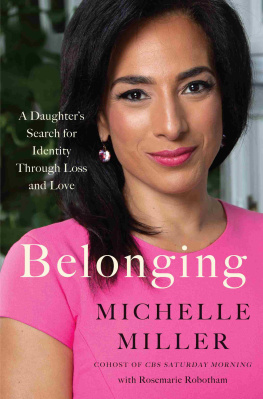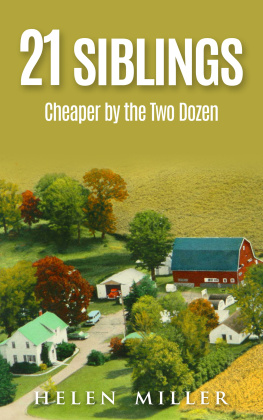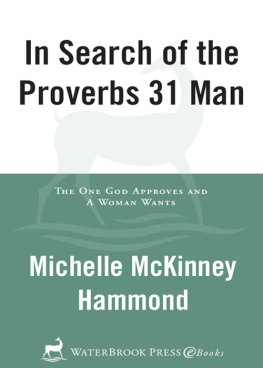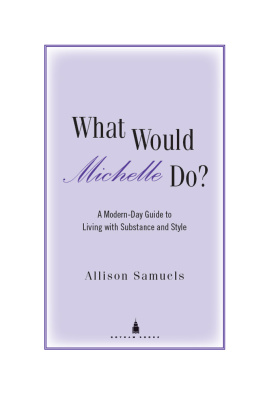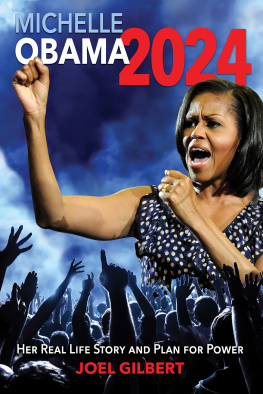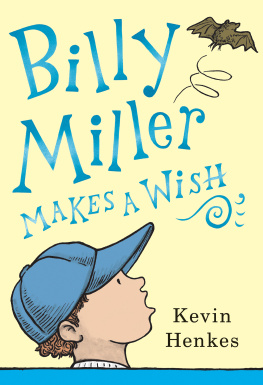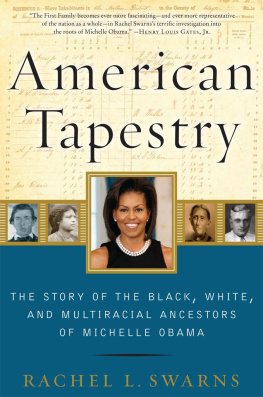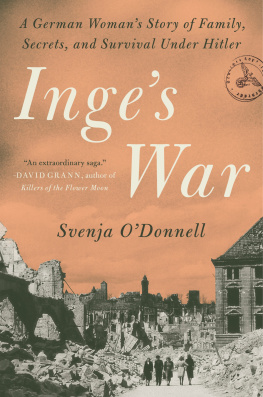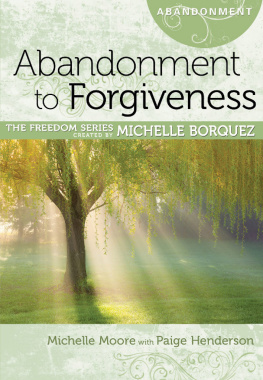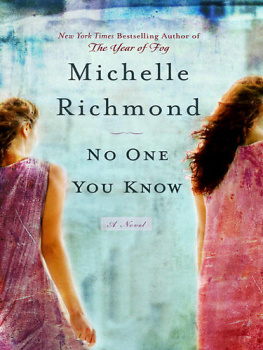The desire to go home that is a desire to be whole, to know where you are, to be the point of intersection of all the lines drawn through all the stars, to be the constellation maker and the center of the world, that center called love.
G o and find your life, my father once encouraged me. At the time, I had recently graduated from college, my newly minted Howard University communications degree inviting me to seek my place in American media. My father had another idea. He thought I should take a few months to discover myself first. Why not go backpacking through Europe and Africa? he suggested. Use this time to decide who you want to be.
Are you serious? I responded, stunned by this suggestion from my industrious, overachieving father. I had dropped by Dominguez Valley Hospital, where he was chief of surgery, to get breakfast with him. Having just completed an eventful paid summer internship with the Los Angeles Times, I was now looking for a full-time job. Daddy and I were walking to the hospital cafeteria when he shared his entirely unexpected idea. He gave a low chuckle as I halted in my tracks, mouth gaping open, not quite sure I had heard him right. This was, after all, the man who from the time I was in elementary school, had taken pains to ensure that my work ethic was unimpeachable. Yet he was now advocating that I blow off finding a job in favor of gallivanting across the world. But as I thought about it more, I realized that his proposition was not as incongruous as it had initially sounded. Far from being a footloose frolic across two continents, in my fathers view this backpacking trip would be a continuation of my essential education.
But I dont have anyone to go with me, I said, my mind already churning through the possibilities, assessing my summer savings, devising itineraries, wondering if I could take out a loan or apply for a travel grant to underwrite such an adventure.
So go by yourself, Daddy shrugged, and in that moment I knew I would dare the journey, carrying my fathers blessing in my pocket.
He reminded me that in college he had worked as a biology and chemistry tutor and served food in the campus cafeteria, saving every penny to make the same trip in the year between graduating pre-med from Howard and returning to pursue his medical degree there. Hed often shared that traveling the world alone as a Black man had left him with an unshakable belief that he was equal to whatever life might send his way. In emboldening me now to explore regions as yet unknown to me, he trusted I would strengthen my own resilience and resourcefulness, too.
I would need those very qualities just one year later, when this man who had been my lifes most constant presence told me he was terminally ill. His body riddled with the prostate cancer that would eventually take him from me, my father changed his directive. Go and find your mother, he told me then, his voice rough with the work of trying to live. You need to know your medical history on her side. It was a doctors instruction, but after a pause he added softly, She needs to know youand that, I knew, was the wish of a fathers heart.
I WAS TWENTY-FOUR WHEN MY FATHER ASKED ME TO SEARCH FOR MY mother, so that I might ask the questions that had burned in me all those years without her. In my two-plus decades as a motherless child, I had learned that identity is shaped as much by those who are absent in our lives as by those who stay by our side. My physical appearance only complicated things as a kid; my lightly toasted complexion and mass of wavy brown hair baffled some people. They might recognize me as Black, but the nod usually came with a wrinkle to their noses, as if to say, but what else you got mixed up in there, girl? Other times, if I wore my hair blow-dried straight, people queried whether I was Italian, Jewish, or Hispanic, peppering me with questions about my heritage long before I had examined such questions for myself.
As a child, the only detail Id known about the woman who birthed me was that she wasnt Black, which, on confronting my light pigment and pointed features in the mirror each day, had left me to assume she was White. As I grew older, the unsolved mystery of my mother inclined me toward chasing the answers. This might explain why a career in journalism called out to me. One story at a time, I wanted to investigate lifes unknowns, to engage the larger narrative of my American homeland and witness human experience from the center of its unfolding. Broadcast news in particular appealed to meI suspect that I secretly hoped that my mother might one day see me on her television screen and come to claim me.
Through the years, my work as a TV news correspondent would place me at the center of epochal moments in Black history, from the tragic aftermath of Hurricane Katrina in 2005, to the shocking massacre of Black worshippers by a White supremacist in a Charleston church ten years later, to the fevered George Floyd rallies in the shadow of a global pandemic, when Americans of all creeds and colors marched together for a brief hopeful moment in the cause of racial justice and the sanctity of Black lives.
Fortunately, in my career as a journalist, I have been tasked with bearing witness to more than Black trauma and pain. There has been triumph, art, and inspiration, as well as stories of pure joy and whimsy, such as the royal nuptials of Prince William and Kate Middleton, and when I donned my tartan and traveled to Scotland to report on the hit TV series Outlander, with its romantic time-travel plotline. All of it has shaped me not only professionally, but also personally, amplifying my voice as a Black woman storyteller.
Finding my way into network newsrooms wasnt always easy, however. With my untamed exuberance, transparent vulnerabilities, and penchant for blurting out the right sentiment at exactly the wrong moment, I stepped into my calling in fits and starts, navigating spaces where people werent quite sure what to make of me. Such encounters never failed to short-circuit me back to a childhood in which I was bused to four different schools in five years, a Black girl integrating White environments, who ached with wondering where she truly belonged.
These days, some might recognize me from CBS Saturday Morning, which I cohost weekly with Dana Jacobson and Jeff Glor, guided by our fearless executive producer Brian Applegate. By giving me agency on a national platform, that show changed my whole trajectory in the news industry. Others may recall my time as First Lady of New Orleans, including the spectacle of my wedding to the scion of one of the nations most powerful Black political families, Marc Morial, then the youngest mayor ever of his storied city, and now president of the National Urban League. Still others know me as a suburban New Jersey mother of three, while to those who remember me from my hometown of Los Angeles, I am the native daughter done good.
But this is more than a memoir of how I got to the place where I now stand. It is also a clear-eyed engagement with our nations racial story. Indeed, in the fall of 2020, as the country went to the polls to apply the lessons of the George Floyd protests by voting out a divisive president, I was reminded of an observation that behavioral scientist Oliver Sacks once made about the need to bear witness. The most we can do is to writeintelligently, creatively, evocativelyabout what it is like living in the world at this time, he had said. And that is my goal: to offer a narrative of my experience as a mixed-race Black woman in America in a moment when we are finally daring the hard conversations about race and identity, and confronting the multilayered truths of those whom our history has marginalized.

